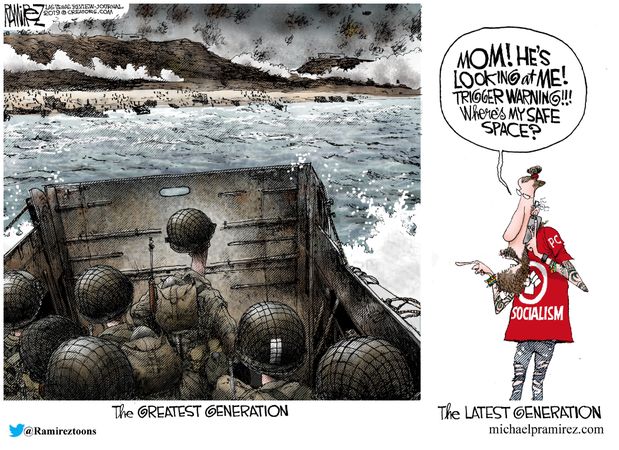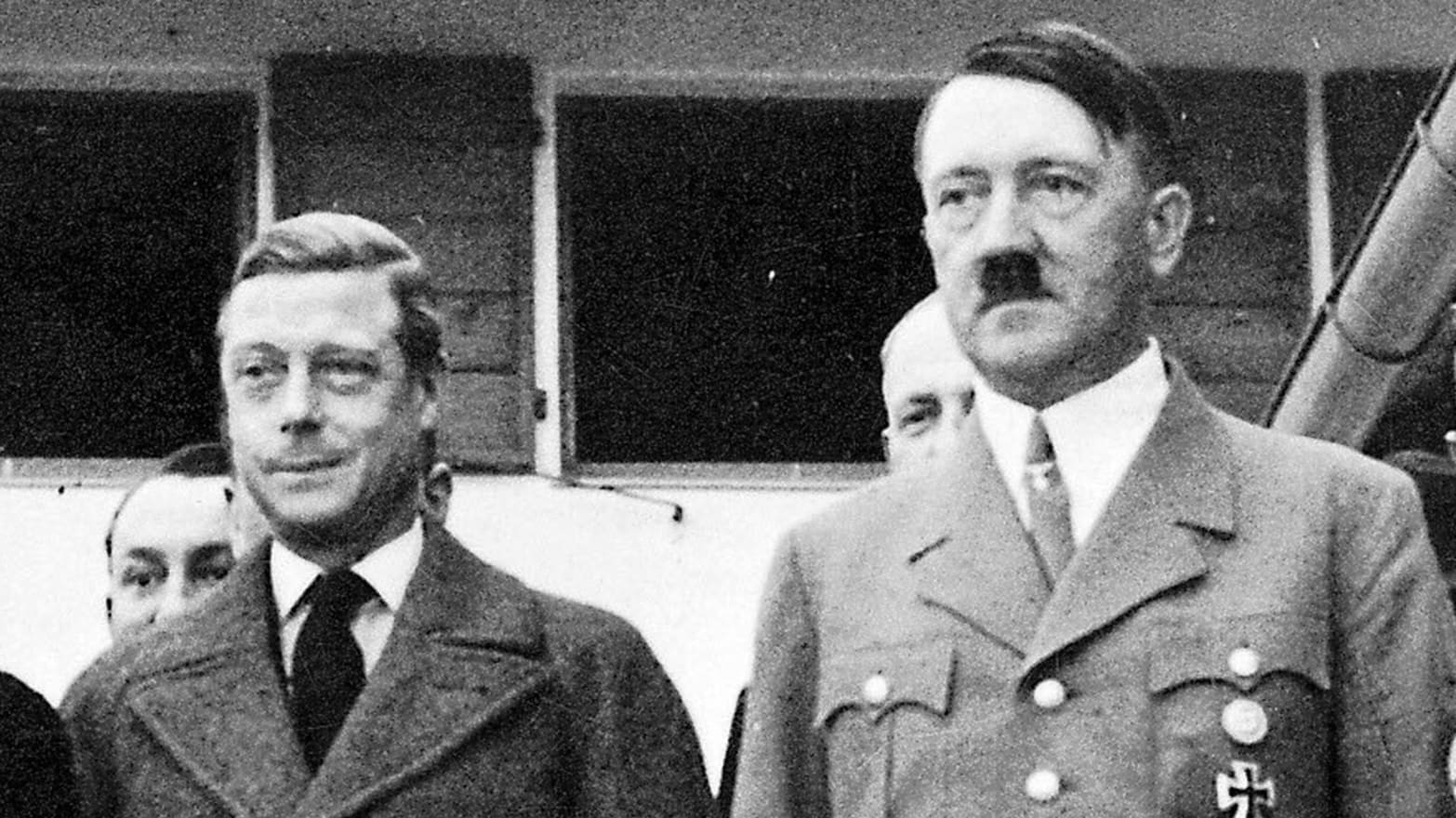georgephillip
Diamond Member
How did your heroic capitalists fare at Stalingrad?Today is D-Day! Today is the day my uncle had his buddy's leg blown off right in front of him and he couldn't do a damn thing to help him. Except get down in a hole and drag him there too to bleed out and die.
Quote by Colin Powell:
When in England at a fairly large conference, Colin Powell was asked by
the Archbishop of Canterbury if our plans for Iraq were just an example of
empire building by George Bush.
He answered by saying that, “Over the years, the United States has sent
many of its fine young men and women into great peril to fight for freedom
beyond our borders. The only amount of land we have ever asked for in
return is enough to bury those that did not return.”
It became very quiet in the room.


About as well as Trump in Vietnam?




